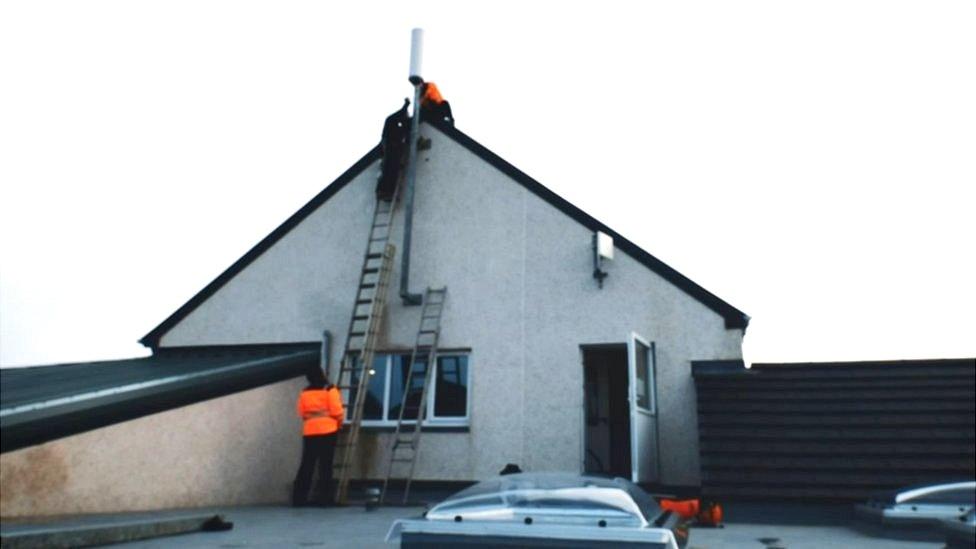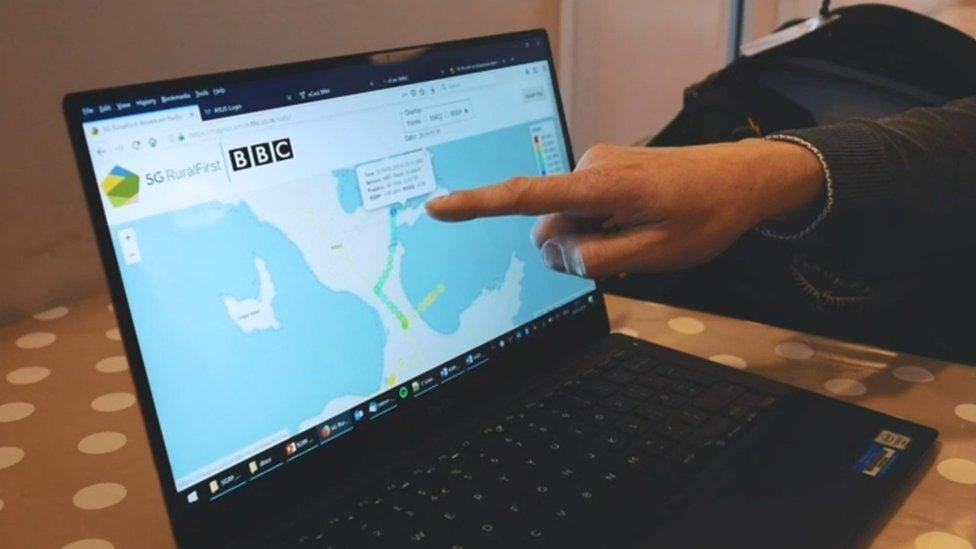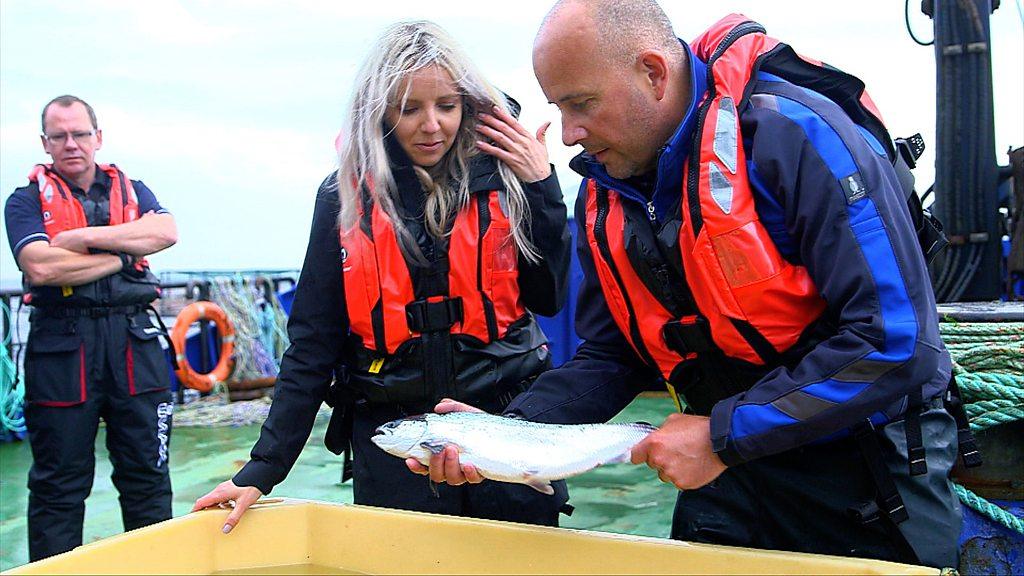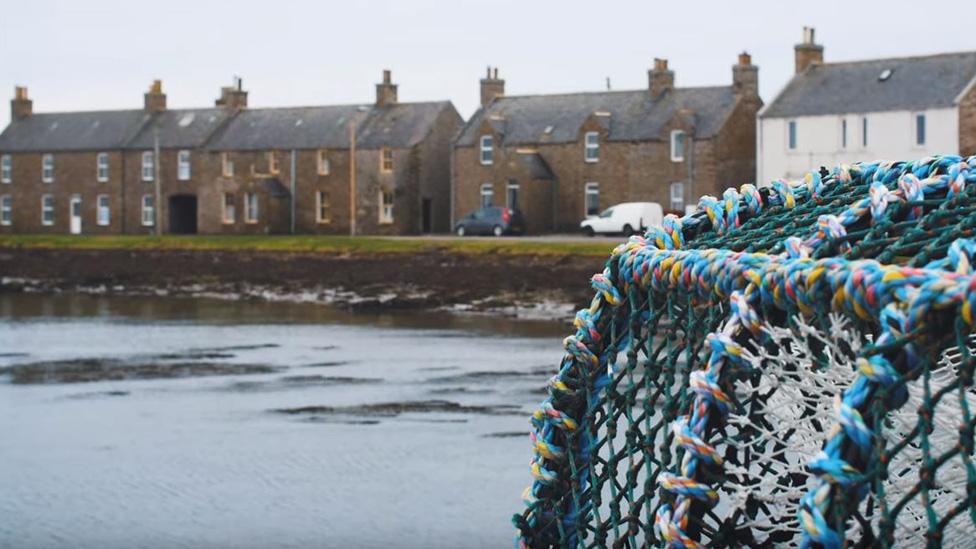Orkney pupils kept at home over 5G mobile health fears
- Published

An aerial was installed on the roof of the school earlier this year
Two families are keeping their children from going to a school in Orkney amid concerns about a 5G mast.
The mobile aerial has been installed on a school building on Stronsay as part of of a project to bring the newest technology to rural areas.
Some parents are concerned about potential health risks from the technology.
But regulators insist there is no risk to public health.
The system installed on the school, which teaches about 30 pupils, is testing the feasibility of using 5G for live radio broadcasting.
One couple withdrew their three children at the end of last term and now a second family are taking their six children out of the school.
Their father, Duncan Bliss-Davis, said it was not an easy decision.
"As a family we've discussed it many times," he told BBC Scotland.
"We think education is one of the most important things you can give children.
"So it's something we are not happy to have done and we're hoping that the trial is supposed to end at the end of September.
"If it does, then our children can go back to school."

Duncan Bliss-Davis is keeping his six children from going to the school
The transmitter at the school is operated by the BBC.
Its head of digital communications, Ian Walker, said in a letter to parents: "The equipment we're using for the 5G broadcast radio trial is based around 4G technology, which is widely used across the UK, and the radio frequencies being used are the same that are used to broadcast TV.
"The trial is fully compliant with advice from Public Health England that any exposure to radio waves must comply with guidelines set out by the ICNIRP, an independent international commission recognised by World Health Organisation.
"Those guidelines recommend that exposure to radio waves should be below a certain power level - and the power levels we measured are a thousand times lower than that level."

The BBC is testing how radio can be broadcast in rural areas over 5G
Simon Mann is head of radiation dosimetry at Public Health England, which regulates the health aspects of communication technology throughout the UK.
He added: "It is possible that there may be a small increase in overall exposure to radio waves when 5G is added to an existing telecommunications network or in a new area. However, the overall exposure is expected to remain low relative to guidelines and as such there should be no consequences for public health."
Orkney Islands Council said it would allow the mast to stay up until the end of the trial after receiving advice from Public Health England.
- Published3 August 2019

- Published30 May 2019

- Published30 May 2019
